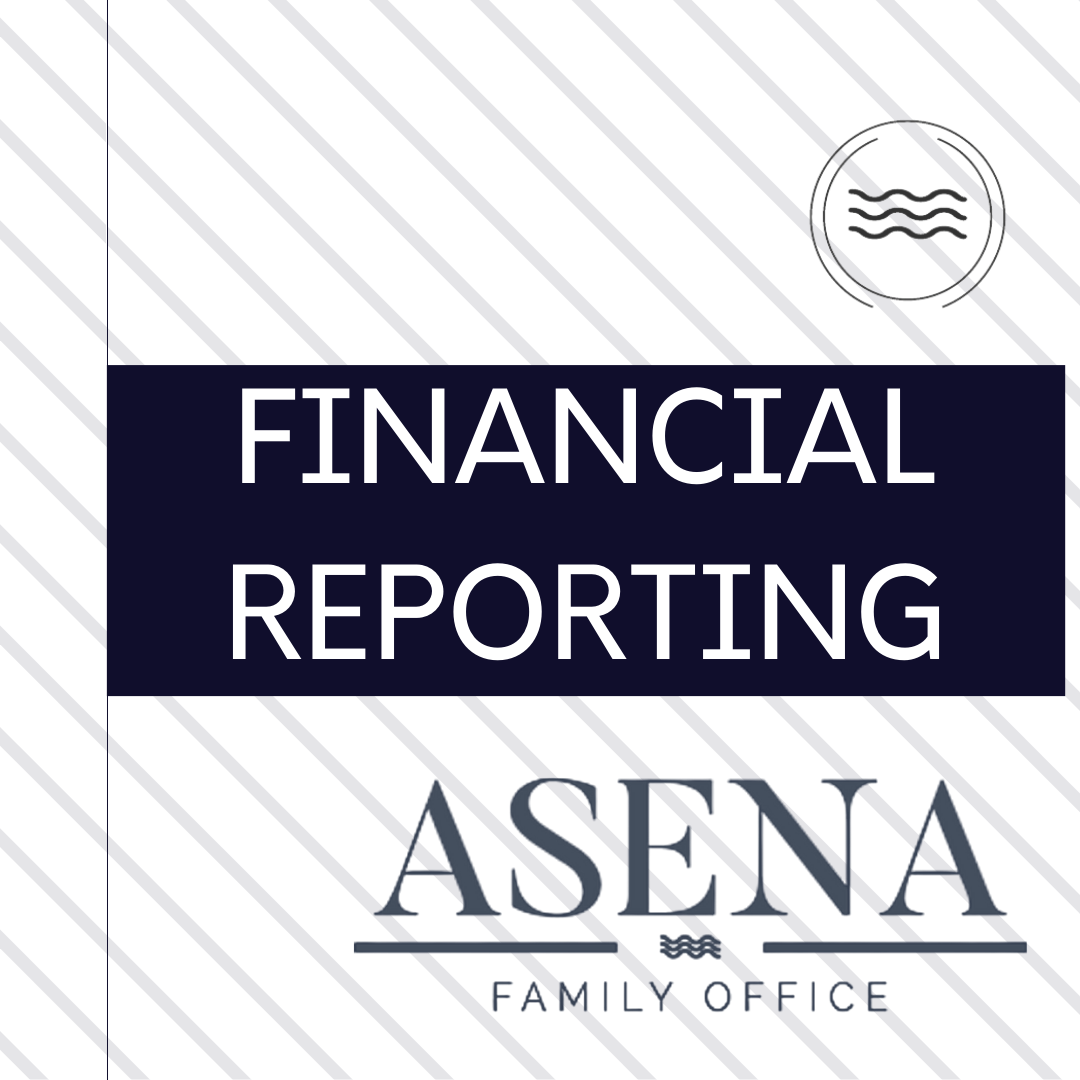Tax Preparation
The U.S. is the information disclosure capital of the world. For new residents, this can seem overwhelming. Particularly if you are still filing tax returns in other countries.
You need to be prepared for the difference between the way the IRS track and enforce compliance in the U.S. and how it is different from your home country.
Deadlines are hard deadlines. Failure to file returns by the due date does carry heavy penalties. The due date for personal returns for residents living in the U.S. is April 15 and the extended due date is October 15. The due date for personal returns for residents living outside of the U.S. and non residents is June 15 and the extended due date is December 15.
For residents living outside of the U.S. thought needs to be given to timing of when to file their source country tax return to ensure they can file timely in both countries.
The IRS is not a bank. They do not have a relaxed attitude when it comes to the late payment of income taxes. If you have readily discernible assets, like cash, and you do not have a good reason for late payment of tax, they will enforce the right to withdraw those funds from your bank account. You need to plan your compliance and cash flow on a global basis to ensure that you are filing timely in each country in which you have an obligation to file a tax return and that you have sufficient cash to pay tax at the different times of the year.
Ownership of foreign structures and assets can result in extensive and complex information reporting. These forms must be filed with your tax returns and need to contain accurate information that is compliant with the U.S. tax law, not the laws of your home country.
We specialize in a wide range of tax filings and reports, such as:
- U.S. federal and state income tax returns for individual residents (Form 1040) and nonresidents (Form 1040NR)
- Treaty Based Return Positions (Form 8833);
- Foreign Tax Credit (Form 1116);
- U.S. reports for U.S. Shareholders of Controlled Foreign Corporations (Forms 5471 and 5472);
- Individual reports on foreign bank accounts and foreign financial assets (Form Fincen 114 and Form 8938
- Individual reports on domestic and foreign partnerships (Forms 1065 and 8865); and
- Individual reports on foreign trusts (Forms 3520 and 3520-A).

Deal Advisory
We are deal junkies. A team of transactional experts that only advise UHNW private clients and family office.
Find out moreTax Advisory
Our personal tax advisory services are designed to meet your tax advisory needs – both in the US and overseas.
Find out moreExecutive Compensation + Planning
We are an international accounting firm that provides commercially relevant international tax advice.
Find out moreEstate Planning
Find out moreTax Remediation
The U.S. taxes its permanent residents, citizens, and substantial resident aliens (collectively residents) on a worldwide basis.
Find out moreAsset Protection
Find out moreHave a question?
Contact us today to arrange your no obligation consult.



